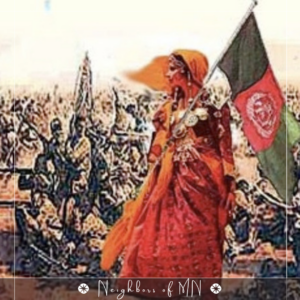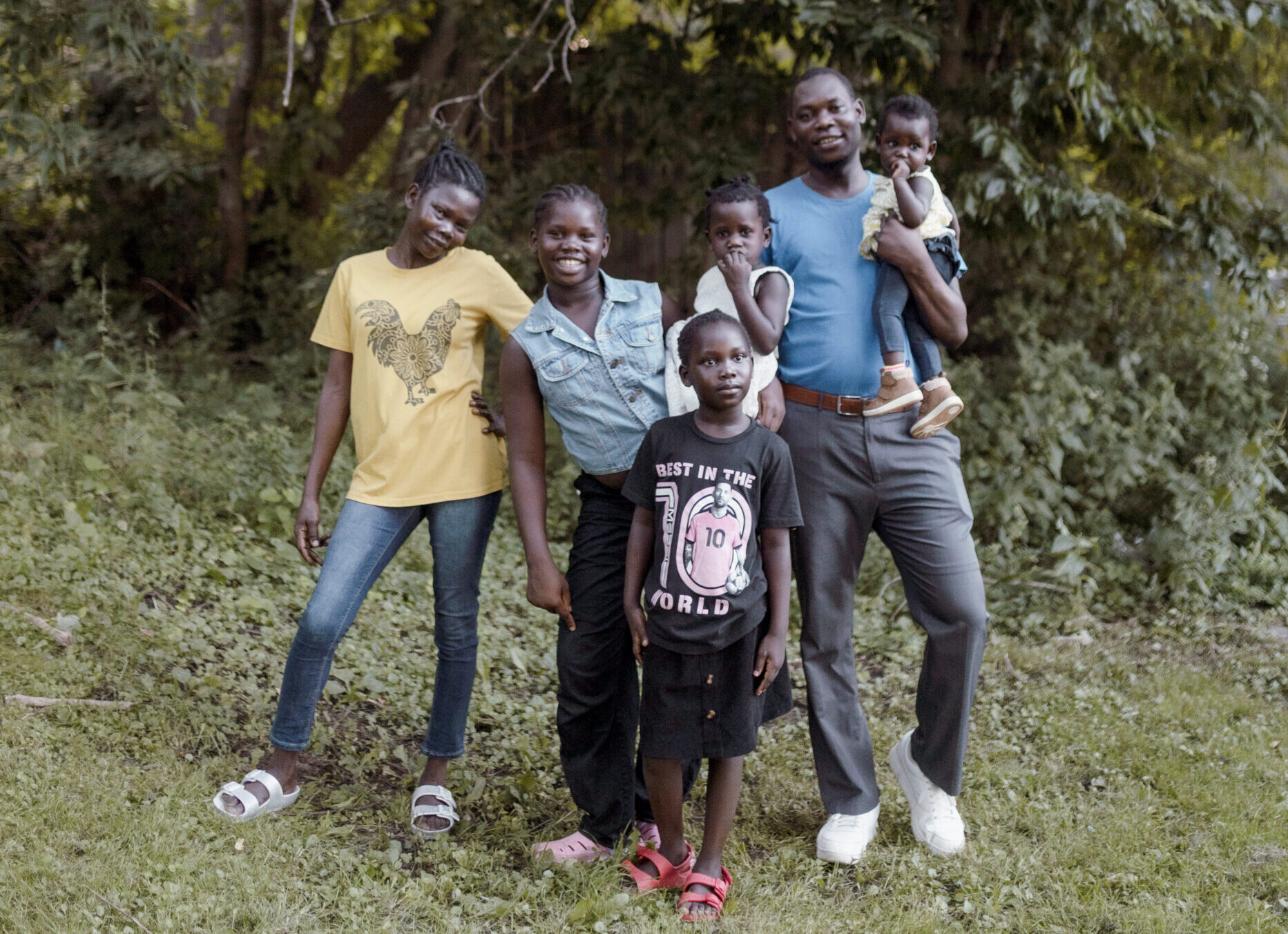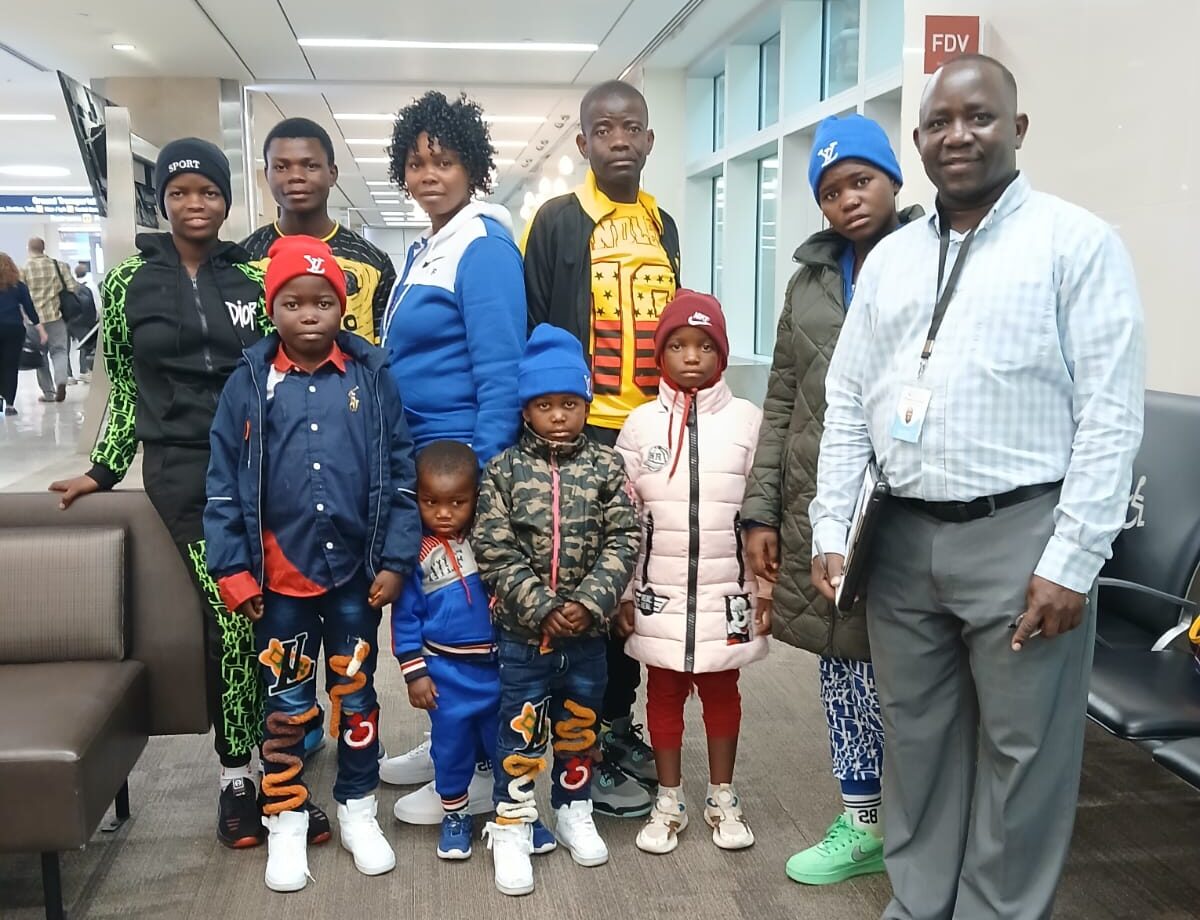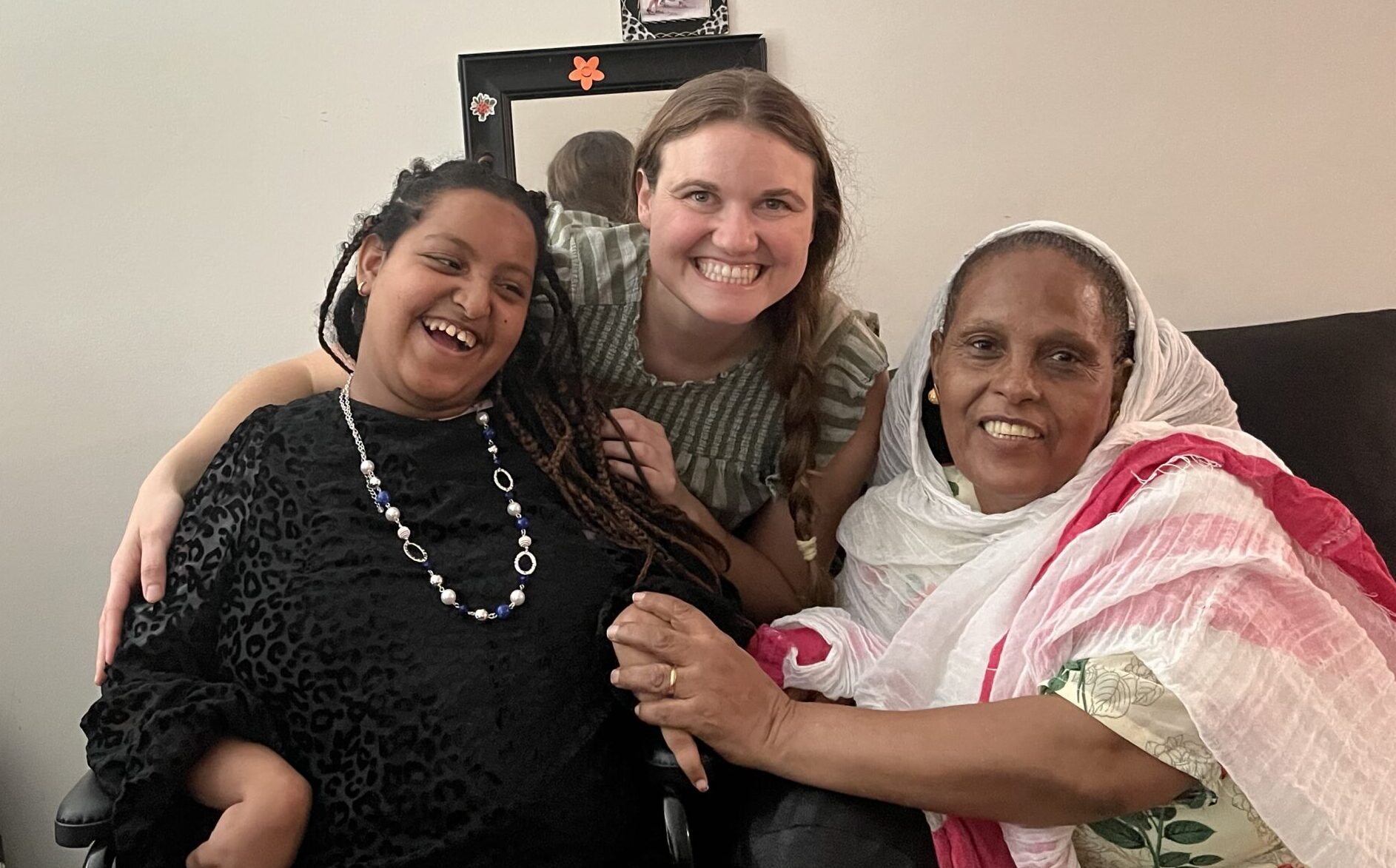-
Steel Water Bottle $60.00 QTY: 1
April 5, 2021
Neighbors of MN
Raheena
How am I going to stand up for my rights and for other women and girls’ rights, who don’t have access to education?
“When I was in Afghanistan, there were not that many rights, people could not do what they wanted. I went to school but many people said that the Taliban will kill me or kidnap me because I was going to school. But I didn’t listen to them, “I don’t care what they do; I will get an education,” I said. I told my uncle, “I will show them the power of girls and women and I will save these schools as well as my town of Nangarhar and home country of Afghanistan.
But in my heart, I was worried thinking “How am I going to do this? How am I going to stand up for my rights and for other women and girls’ rights, who don’t have access to education?” I don’t know how I am going to save Afghanistan and schools.
I always think about Malala’s story, not Malala Yousafzai, Malala of Maiwand…
I always think about Malala’s story, not Malala Yousafzai. Malala of Maiwand, who fought alongside Ayub khan and was responsible for the Afghan victory at the battle of Maiwand on July 27, 1880.
My mom told me her story of how she stood up in war for human rights, especially for her country. Whenever I worry about how I am going to stand up for women’s rights, I think about Malala of Maiwand and how she stood up in hard times. Every time I say something and I don’t do it, my mom tells me, “If you think about something you are going to do, then don’t give up no matter if it’s hard or easy.”
I also asked my father about who Malala of Maiwand is and what she did that makes everyone talk about her. Likewise, he told me that she was a woman who stood up in times of war for the rights of Afghans. Malala’s poetry also inspired Afghan fighters and redoubled their efforts, when she came out to war, she said, “Young love! If you do not fall in the battle of Maiwand, by God, someone is saving you as a symbol of shame!”
I also think about Malala Yousafzai and how she stood up for women’s rights and the Taliban shot her in her head. I read her story when she won the Nobel Peace prize in 2014.
I entered the class and everyone in the class stared at me, as if they had never seen Muslim girl before.
I moved to the U.S. from Afghanistan with my family in 2014 and started fifth grade not knowing any English. On the first day I went to class in the U.S., I was wearing a scarf and the dress I bought from Afghanistan. I entered the class and everyone in the class stared at me, as if they had never seen Muslim girl before. My teacher asked me a question but I didn’t understand, I stood in the door and didn’t answer her. Yet she asked me the question again and I just said my name. After I said my name, everyone started laughing. That made my eyes watery, but I had to hide the tears because I didn’t want to cry in front of the whole class.
When I came home I told my father, “I don’t want to go to school because the students were laughing because I didn’t speak English.” My father said, “Alright, you will learn English when you go to school and listen to what people say.”
In 2016, my father told me he wanted me to get a “Presidential Award” and continue to succeed in my life. He told me, “If you get the Presidential award, I will get you anything you want.” I said, “But I don’t speak English. How am I going to get the Presidential Award? That’s impossible.” He answered me with, “Nothing in this world is impossible, you can turn impossible things to possible, and in everything I am with you. Just keep trying and do your best.”
One day I am going to get the Presidential Award, if it’s today or tomorrow.
I started staying after school, asked questions to my teachers and father, and took quizzes over and over. I said to myself, “One day I am going to get the Presidential Award, if it’s today or tomorrow.”
In March of 2018, I went to school and my teacher told me that I was on the list for the Presidential Award, but I thought that she was just joking around because she knew my goal. When I checked the list, I was surprised. One morning I was going to a school assembly and my father went with me. When they said my name, in my heart I quietly said, “I didn’t expect this.” I went to the stage and got my award and my principal shook my hand and said, “Congratulations!” My father hugged me and said, “I will give you anything you want.”
I believe the world is made of rights, and that all girls and women also have these rights. My parents tell me, “You can do anything that you think is right for you because no one can change your rights.” I am inspired to live and be free, and be treated equally. Human rights are anywhere, it can be in the United States, England, Afghanistan, Africa, or anywhere in the world.”
Raheena is now a junior in High School and taking college-level course through a PSEO program. She expects to graduate next spring.
*Photo is of the author’s inspiration Malala of Maiwand







